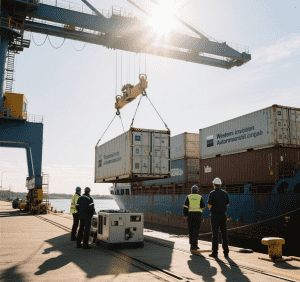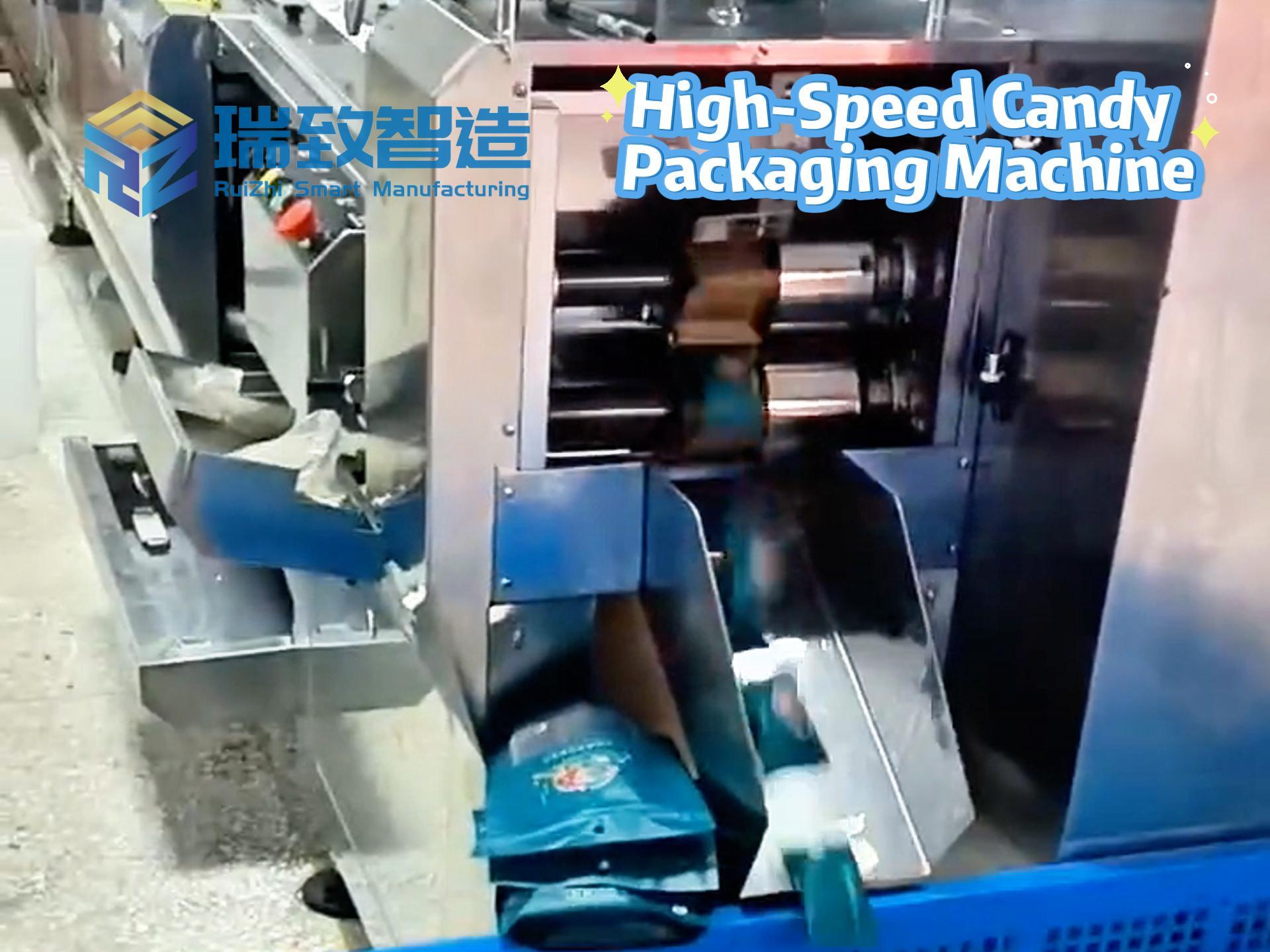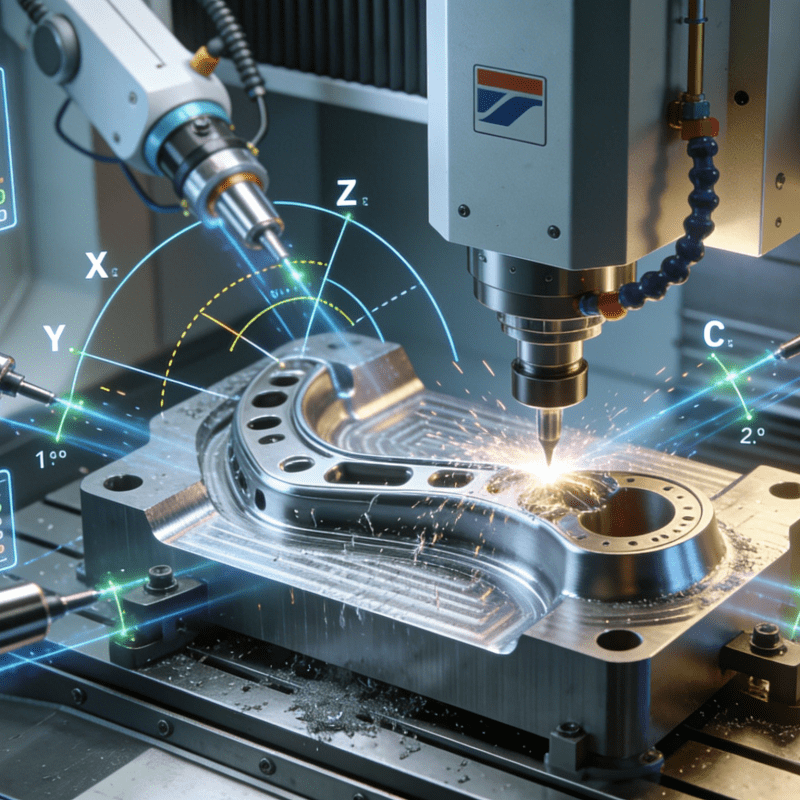Table of Contents
ToggleLatvian Firm Circumvents EU Sanctions: Supplying Western Automated Equipment to Russia’s Defense Sector—Implications for Global Industries

In a concerning breach of international sanctions, the Latvian-registered KLC Group SIA has supplied $1.3 million worth of Western-made industrial automation equipment to Russia since 2024, including components critical to automotive automation and defense manufacturing. While the European Union has imposed strict restrictions on exports to Russia—particularly for technologies with dual-use applications in defense and industrial sectors—KLC Group exploited transit routes through Kazakhstan and Kyrgyzstan to funnel automated equipment from global giants like Siemens, Rockwell Automation, and Intel to Russian defense-linked firms.
The shipments, which included industrial control panels, sensor systems, and advanced electronics, highlight a worrying trend: the illicit diversion of automated equipment designed for civilian industries like automotive manufacturing into military supply chains. For instance, components like Siemens automation systems—commonly used in automotive factories to streamline production lines—were delivered to Russian entities fulfilling state defense orders, such as JSC Chelyabinsk Radio Plant “Polet.” This raises alarms about how technologies intended for peaceful purposes, including those underpinning automotive automation, can be repurposed for military applications.
“Automated equipment and industrial control systems are the backbone of both automotive production and defense manufacturing,” said Dr. Maria Vasileva, a sanctions expert. “What happens in one sector often has spillover effects in another. By circumventing sanctions, companies like KLC Group are not only violating EU rules but also risking the integrity of global supply chains—including those in the automotive industry, where security and compliance are paramount.”
The Illicit Supply Chain: From Western Factories to Russian Defense Sites
KLC Group’s exports included a range of automated equipment with dual-use potential:
- Industrial control panelsfrom Siemens and Rockwell Automation, which manage machinery in automotive assembly lines and can also regulate production in weapons factories.
- Sensor systems(e.g., rangefinders from Wenglor Sensoric and flow meters from Endress+Hauser), critical for quality control in automotive manufacturing but also applicable to military-grade precision engineering.
- Electronics componentsfrom Intel and TE Connectivity, which power both civilian computers and military communication systems.
While shipping documents listed transit hubs like Vilnius, Dresden, and Istanbul, the true recipients were Russian firms ITC and ITC-Project. These companies, in turn, supplied entities such as JSC Zaslon (which received Intel microchips) and JSC Seversky Pipe Plant, a key player in Russia’s defense industry. Court filings reveal that these shipments were explicitly tied to “state defense orders”—a euphemism for military contracts.
The use of intermediaries in Kazakhstan and Kyrgyzstan mirrors tactics seen in other sanctioned industries, where goods are relabeled or transshipped to obscure their final destination. For the automotive industry, this highlights a systemic risk: if automated equipment can be diverted to defense sectors, it undermines the security of global trade networks and raises questions about how companies monitor their supply chains.
The Risks of Unregulated Automated Equipment Diversion
The proliferation of Western automated equipment in Russia’s defense sector poses dual threats:
- Military Escalation: Automated systems enhance Russia’s capacity to produce weapons and military hardware, potentially prolonging conflicts. For example, the same Rockwell Automation systems used to automate car factories can optimize the production of tanks or missiles.
- Supply Chain Contamination: Illicit exports risk contaminating legitimate supply chains. Automotive manufacturers reliant on components from Siemens or Intel must now confront the possibility that their suppliers’ products could be redirected to sanctioned regions, violating corporate ethics and legal obligations.
“Automotive automation thrives on precision and trust in supply chains,” said Andris Bērziņš, a Baltic trade analyst. “When firms like KLC Group bypass sanctions, they erode that trust. Western companies must tighten export controls to ensure their technologies—even thosecivilian—don’t end up in the wrong hands.”
Broader Implications: Sanctions Enforcement and the Future of Global Trade
The KLC Group case underscores the urgent need for stricter enforcement of sanctions on automated equipment and dual-use technologies, particularly as industries like automotive and defense become increasingly intertwined. For the automotive sector, which relies on global supply chains for components like sensors and control systems, this incident serves as a wake-up call: no industry is immune to the risks of sanctions evasion.
“Automotive manufacturers have a responsibility to trace their components through every stage of the supply chain,” said Vasileva. “If a single Latvian firm can funnel Siemens automation systems to Russian defense factories, imagine the scale of the problem across Europe.”
As the EU and its allies strengthen export controls on industrial automation and AI-driven technologies, the case also raises questions about accountability. Latvia’s State Revenue Service has stated that transshipping sanctioned goods through the country is illegal, but enforcement remains challenging. For the automotive industry, the lesson is clear: ensuring that automated equipment stays within authorized civilian markets requires not just legal frameworks but also collaboration between governments, corporations, and international bodies.
In the end, the unauthorized flow of automated equipment to Russia’s defense sector is a stark reminder that technological innovation, once unleashed, can be weaponized—unless global stakeholders act together to safeguard the integrity of industries like automotive, where automation is a force for progress, not conflict.




















